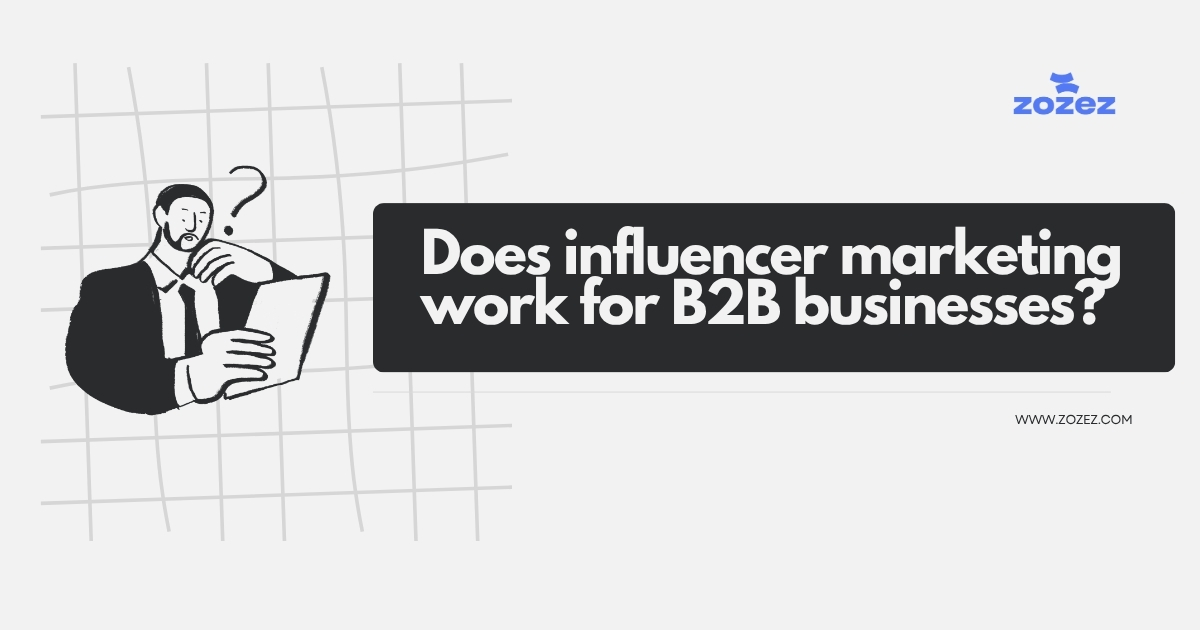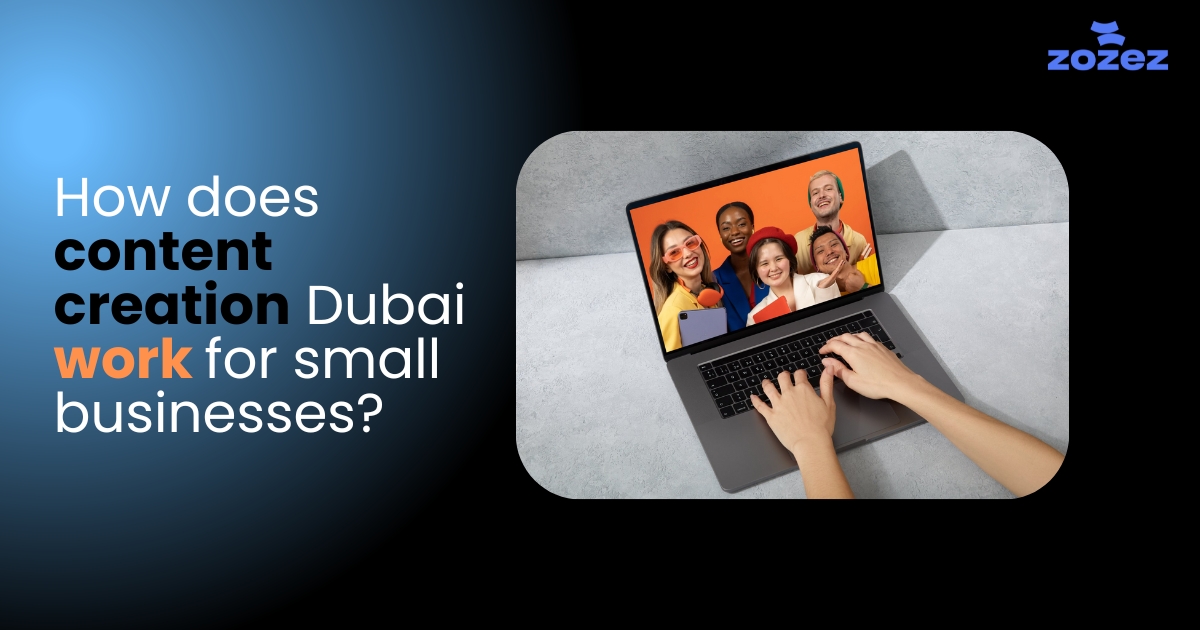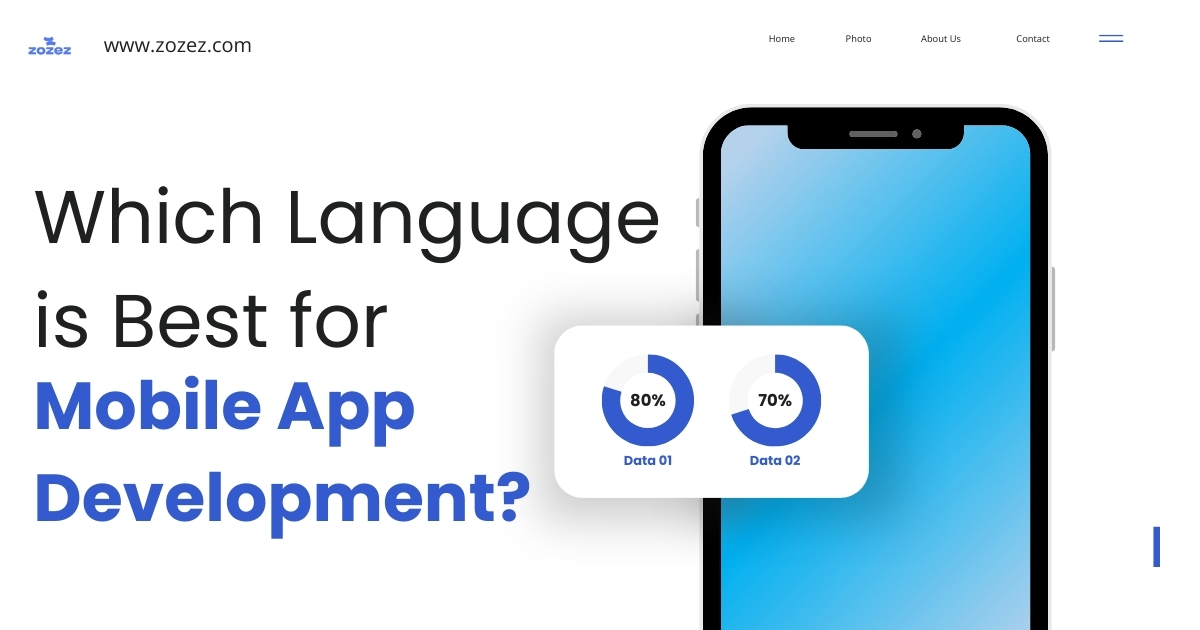Does Influencer Marketing Work for B2B Businesses? A Comprehensive Analysis
The B2B landscape has undergone a dramatic transformation in recent years, with traditional marketing approaches giving way to more sophisticated, relationship-driven strategies. Among these emerging tactics, influencer marketing has sparked considerable debate within the business community. While consumer brands have long leveraged influencer partnerships to drive engagement and sales, B2B organizations are increasingly questioning whether this approach can deliver meaningful results in their complex, decision-making environments.
The answer is nuanced but overwhelmingly positive: influencer marketing not only works for B2B businesses but has become an essential component of modern digital marketing strategies. However, the execution differs significantly from B2C approaches, requiring specialized knowledge and strategic implementation to achieve optimal results.
Understanding B2B Influencer Marketing Dynamics
B2B influencer marketing operates on fundamentally different principles than its consumer counterpart. Rather than focusing on lifestyle aspirations or emotional connections, B2B influencer partnerships center on thought leadership, industry expertise, and professional credibility. The influencers in this space are typically industry veterans, subject matter experts, analysts, and executives who have built substantial professional followings through their insights and contributions to their respective fields.
The purchasing decisions in B2B environments involve multiple stakeholders, longer consideration periods, and higher transaction values. This complexity makes traditional advertising less effective, as decision-makers seek trusted sources of information and validation before committing to significant investments. Professional influencers fill this gap by providing credible, third-party endorsements and detailed analyses that help guide these critical business decisions.
Research indicates that 84% of B2B buyers start their purchasing process with referrals from their professional networks. This statistic underscores the importance of leveraging influential voices within industry communities to reach and persuade potential customers.
Quantifying B2B Influencer Marketing Effectiveness
Multiple studies and industry reports demonstrate the tangible impact of B2B influencer marketing initiatives. Organizations implementing strategic influencer partnerships report average increases of 67% in lead generation quality, with conversion rates improving by 45% compared to traditional marketing channels.
The effectiveness stems from several key factors:
- Enhanced Credibility: Industry experts carry significant weight when endorsing products or services, as their reputation depends on maintaining accuracy and reliability in their recommendations.
- Precise Audience Targeting: B2B influencers typically have highly specific, engaged audiences that align closely with target demographics, reducing waste and improving ROI.
- Content Authenticity: Professional influencers create content that resonates with their audiences because it addresses real challenges and provides actionable solutions.
- Extended Reach: Partnering with established thought leaders allows companies to access networks that would otherwise require years to develop organically.
- Trust Acceleration: The endorsement of respected industry figures can significantly reduce the time required to build trust with potential customers.
Strategic Implementation Framework
Successful B2B influencer marketing requires a sophisticated approach that differs markedly from consumer-focused campaigns. The strategy must align with the unique characteristics of B2B purchasing behaviors and decision-making processes.
The foundation begins with comprehensive influencer identification and vetting. Unlike consumer influencers who may be selected based on follower counts or engagement rates, B2B influencers must be evaluated for their industry expertise, professional credibility, and audience quality. The most effective B2B influencers often have smaller but highly engaged audiences of decision-makers and industry professionals.
Partnership structures in B2B environments tend to be more collaborative and long-term focused. Rather than simple product endorsements, successful campaigns involve thought leadership content, co-created resources, speaking opportunities, and strategic advisory relationships. This approach builds deeper associations between the influencer’s expertise and the brand’s value proposition.
Content formats also differ significantly. While consumer campaigns might focus on lifestyle imagery and aspirational messaging, B2B influencer content emphasizes educational value, industry insights, case studies, and practical solutions. The most effective content addresses specific business challenges and provides actionable recommendations that audiences can implement immediately.
Industry-Specific Applications and Results
Different B2B sectors have found varying degrees of success with influencer marketing, with technology, professional services, and manufacturing showing particularly strong results. Technology companies, in particular, have leveraged influencer partnerships to explain complex solutions, demonstrate use cases, and build credibility in competitive markets.
Professional services firms have discovered that influencer partnerships can significantly enhance their thought leadership positioning and client acquisition efforts. By associating with recognized industry experts, these organizations can accelerate their reputation building and access new client networks more effectively than through traditional marketing approaches.
Manufacturing companies have successfully used influencer marketing to reach decision-makers who are increasingly conducting research online before engaging with sales teams. Industry publications, trade show speakers, and technical experts have become valuable partners in educating potential customers about complex products and solutions.
Digital Marketing Integration and Optimization
The most successful B2B influencer marketing campaigns integrate seamlessly with broader digital marketing strategies. This integration ensures consistent messaging across all touchpoints while maximizing the impact of influencer-generated content through strategic distribution and amplification.
SEO optimization plays a crucial role in maximizing the long-term value of influencer partnerships. Content created through these collaborations should be optimized for relevant industry keywords and distributed across multiple channels to enhance search visibility and drive organic traffic over time.
Content creation strategies must align with both influencer expertise and business objectives. The most effective approach involves collaborative content development that leverages the influencer’s unique insights while addressing specific business goals and target audience needs.
Social media amplification extends the reach of influencer content beyond the original audience. Strategic sharing across company social channels, employee networks, and partner organizations can significantly multiply the impact of influencer-generated content.
Technology and Creative Services Integration
Modern B2B influencer marketing increasingly relies on sophisticated technology platforms and creative services to maximize effectiveness. Web development capabilities enable the creation of dedicated landing pages and microsites that support influencer campaigns and provide measurable conversion opportunities.
Mobile app development considerations become important when influencer content needs to drive engagement through mobile platforms or when campaigns involve mobile-specific content formats. The growing prevalence of mobile consumption among B2B audiences makes mobile optimization essential for campaign success.
Design elements play a crucial role in professional content creation, ensuring that influencer-generated materials maintain brand consistency while allowing for the influencer’s unique voice and style. Professional design support can significantly enhance the visual appeal and effectiveness of campaign materials.
Content writing expertise becomes essential when developing briefing materials, campaign guidelines, and supporting content that helps influencers understand and communicate key messages effectively. Professional content writing ensures that all materials maintain appropriate tone, accuracy, and alignment with business objectives.
Measuring Success and Optimizing Performance
Effective measurement of B2B influencer marketing requires sophisticated analytics approaches that go beyond traditional vanity metrics. Success metrics should align with broader business objectives and account for the longer sales cycles typical in B2B environments.
Key performance indicators include lead quality scores, sales-qualified lead generation, pipeline contribution, and customer acquisition costs. These metrics provide more meaningful insights into campaign effectiveness than simple engagement rates or reach statistics.
Attribution modeling becomes particularly important in B2B contexts, where multiple touchpoints contribute to eventual conversions. Advanced analytics platforms can help organizations understand the specific role that influencer content plays in the overall customer journey.
Future Outlook and Strategic Recommendations
The B2B influencer marketing landscape continues to evolve, with emerging trends pointing toward increased sophistication and integration with broader marketing strategies. Organizations that invest in developing comprehensive influencer marketing capabilities will be better positioned to capitalize on these opportunities.
The most successful B2B companies will be those that view influencer marketing not as a tactical add-on but as a strategic component of their overall marketing approach. This perspective requires investment in the right technology, processes, and partnerships to execute campaigns effectively and measure results accurately.
For organizations considering B2B influencer marketing, the evidence strongly supports its effectiveness when implemented strategically. The key lies in understanding the unique dynamics of B2B purchasing behaviors and developing campaigns that address the specific needs and preferences of professional audiences.
As the digital landscape continues to evolve, B2B influencer marketing will undoubtedly become an even more critical component of successful marketing strategies, making early adoption and expertise development essential for long-term competitive advantage.





